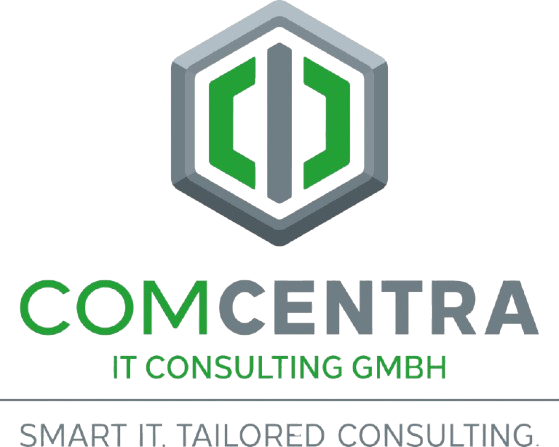Organizational security
Organizational security, with a company's IT in mind, refers to the measures and processes implemented within the organization to protect IT systems and infrastructure from threats and risks and to ensure the security of corporate data and resources. It is a holistic approach that considers not only technical aspects but also organizational and personnel measures to create a robust IT security culture.
The main features and objectives of organizational security in relation to IT include:
Policies and procedures: Establishing clear security policies and procedures is a fundamental step. These policies define how IT security risks should be addressed, who is responsible for security, and what actions must be taken in the event of a security incident.
Security awareness and training: Raising employee awareness of IT security risks is crucial. Training and education programs help inform employees about the importance of IT security and empower them to act in a security-conscious manner.
Access control: Implementing appropriate access controls ensures that only authorized users can access specific IT systems, applications, and data. This includes the use of passwords, two-factor authentication, and other access control mechanisms.
Data security: Corporate data security is critical. Implementing encryption technologies, data backup processes, and recovery options ensures the protection of confidential information.
Incident response planning: Organizations should develop an incident response plan that defines how to respond to security incidents. This plan should include the steps for identifying, containing, remediating, and recovering from security incidents.
Monitoring and auditing: Regular monitoring of IT systems and activities enables early detection of suspicious activity. Audit procedures help verify compliance with security policies and standards.
Compliance and legal requirements: Security measures must comply with applicable legal regulations and industry standards. Companies must ensure that their IT security practices comply with legal requirements.
Partnerships and supplier management: Security should also be considered when selecting IT service providers and suppliers. A clear security policy for partners and suppliers is important to ensure the security of company data.
Organizational security with a focus on IT is an ongoing process that requires regular reviews, adjustments, and improvements to respond appropriately to constantly changing security threats and challenges. A holistic approach to security helps ensure the confidentiality, integrity, and availability of corporate data and strengthens the trust of customers and business partners.




